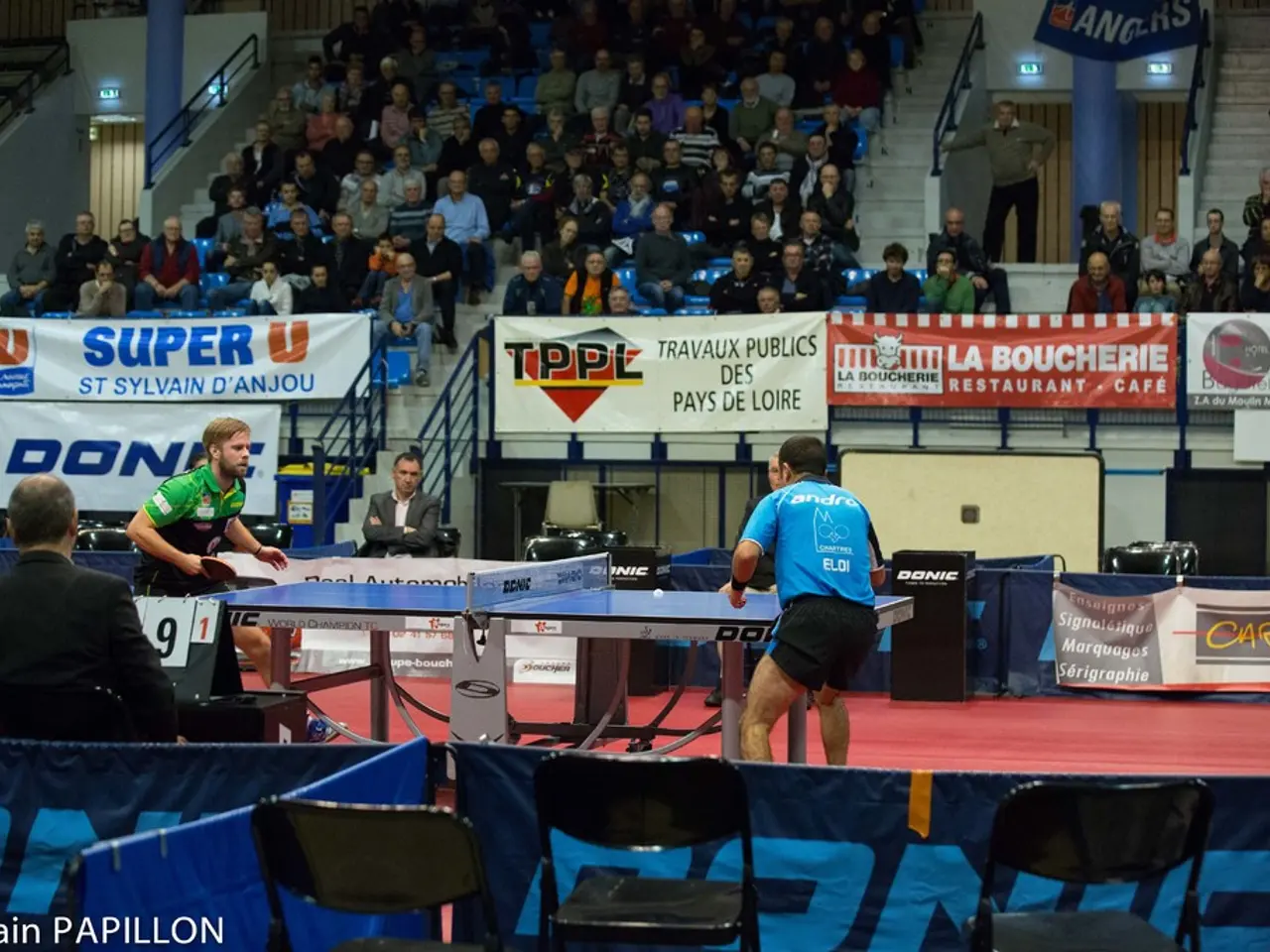Expenses Associated with Daily Life
In an effort to address the pressing issue of housing shortages and vacant dwellings, Germany is implementing a comprehensive strategy that combines legislative reforms, innovative construction techniques, regional revitalization programs, and optimizing existing housing resources.
The metropolitan areas of Leipzig and Dresden, despite a shrinking population, require further new construction, with Leipzig needing around 1,600 apartments per year and Dresden requiring 1,100. The districts of Leipzig, Nordsachsen, and Erfurt also demand significant housing production, with 460, 410, and 400 apartments respectively per year.
To expedite housing construction, Germany has approved a new bill to streamline approval processes for residential buildings. This pragmatic approach aims to enable faster project starts, facilitate adding extra floors to existing buildings, and support urban consolidation.
Recognizing the need for affordable housing, the German government plans large-scale investments, supported by a €500 billion special fund dedicated to expanding the affordable housing sector. Chancellor Friedrich Merz emphasizes that "building, building, building" is key to making housing more affordable, setting housing as a key social priority.
Germany is also increasingly adopting prefabrication and modular construction methods, which account for 23% of new residential construction. This approach addresses labor shortages, reduces construction times by up to 50%, cuts costs by up to 20%, and facilitates sustainable building practices.
Some eastern German towns facing depopulation are offering free trial stays to attract new residents. For example, the city of Guben allows people to stay rent-free for up to four weeks to encourage long-term relocation. Such initiatives provide affordable accommodation options and improve local demand, helping redistribute population and housing usage more evenly across the country.
Beyond new construction, encouraging the use of vacant rooms and existing accommodations, such as the "return of the lodger" concept, can relieve urban housing stress quickly and with little environmental impact. Opening up spare rooms increases housing supply flexibly, also potentially reducing loneliness and increasing energy efficiency.
The states of Saxony, Saxony-Anhalt, and Thuringia have the highest vacancy rates nationwide, with around 205,000 vacant apartments in Saxony, 113,000 in Saxony-Anhalt, and 94,000 in Thuringia. These regions may have to bear the greatest losses, up to 25%. In contrast, the states with the lowest vacancy rates in 2022 were Hamburg and Berlin with two percent each.
It is worth noting that Leipzig and Dresden are the only municipalities in Saxony, Saxony-Anhalt, and Thuringia that can expect a population increase by 2045. Property prices along the S-Bahn line Weimar to Jena to Gera decrease with increasing distance from major cities, but only after Jena. Around 5,100 apartments need to be built in Saxony per year, 2,000 in Thuringia, and around 1,400 in Saxony-Anhalt, according to the BBSR forecast.
Bavaria has the highest demand for new apartments, with around 67,000 per year, according to the forecast. Jena, despite its reputation for being expensive, has always been so due to the 1990s, according to observations from Prof. Dr. Harald Simons.
This multi-pronged approach aims to meet urgent housing demand while promoting affordability, sustainability, and social balance. By implementing these solutions, Germany hopes to create a more equitable distribution of housing resources across its regions.
In an attempt to increase housing options, Germany is exploring the potential of converting vacant rooms and existing accommodations, such as the "return of the lodger" concept, which can alleviate urban housing stress swiftly with minimal environmental impact.
Recognizing the importance of sports in building strong communities, the German government, as part of their comprehensive housing strategy, may also consider revitalizing sports facilities in underserved areas to foster social engagement and provide accessible recreational opportunities for residents.






